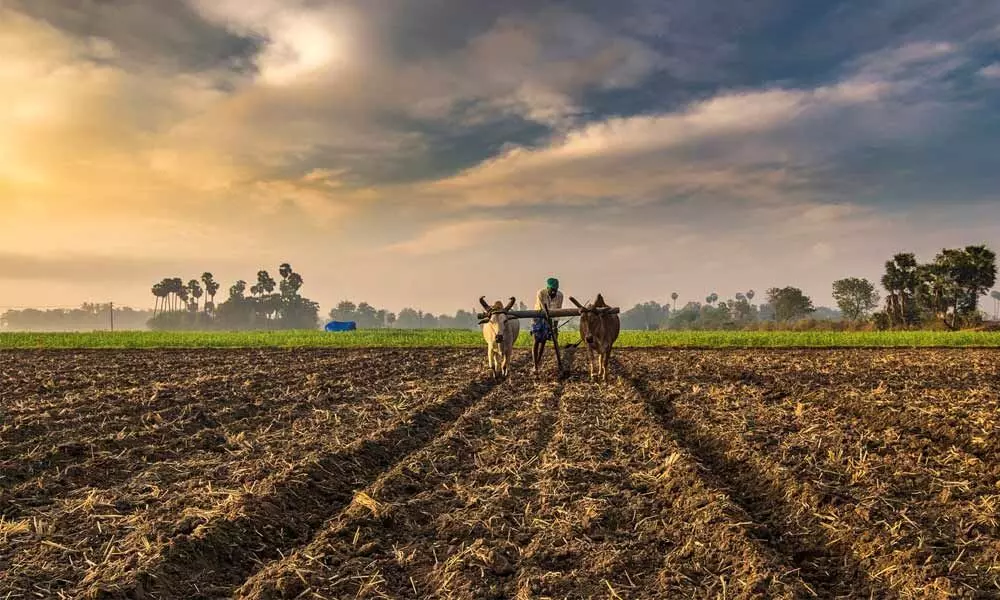The woes of Indian farmers are eternal

The woes of Indian farmers are eternal
Farmers' historical agitation that shook India and also drew international attention is barely over
Farmers' historical agitation that shook India and also drew international attention is barely over. The farmers are slowly settling down in their villages and getting back to their farm activity. The questions that provoked their massive stir for so long have not elicited a conclusive response. The Centre has only promised that it was putting the contentious three farm laws on hold and promised to form a committee to resolve all outstanding issues. Unhappy with it farmers in Punjab and Uttar Pradesh have started opposing the BJP candidates in the elections to the Assemblies.
Yet, is there any debate on the farm issues? Is there any politician who would speak about the same in his or her campaign? Politically, yes. The opponents of the BJP might ask the voters to vote against the BJP. Beyond that is there any positive note that should be taken into consideration for debate and discussion? Indian agriculture is characterised by small-sized farms and limited financial resources with low level of application of modern technology, poorly educated or uneducated farmers with no knowledge of markets, and the government policy laying greater emphasis on domestic food security with dependence on imports for commodities such as edible oils and pulses. The market is also exploitative.
The Centre only wanted to exploit the markets further by throwing those open to the private players. Open market systems or foreign market examples may not suit India at all. Unlike industry, agriculture deals with a biological system and its activities and output are largely determined by climate, soil and water resources. The differences with respect to agro-ecology, education, mass awareness, farm and financial resources, technological backstopping and the compatibility of the models with our socio-cultural heritage are also not being given consideration while suggesting the foreign model for agricultural development.
The law of diminishing returns applies more to agriculture. Agriculture is a seasonal activity and its essential elements are determined by climate and natural-resource endowments. The basic requirements for cultivation of a crop are a congenial climate, suitable soil type, need-based, timely rainfall/irrigation, absence of devastating insect-pests and disease. Weather fluctuations often inflict heavy damage on the crops and the farmer will be at its mercy. Generally, two crops are grown per year.
Once a crop is sown, the farmer cannot take any corrective measures during the crop season of 4-5 months, based on new information about market and weather unlike an industrialist. The crop is harvested during a specified period and a large produce comes to the market, resulting in a glut. Farmers have neither storage facility nor financial capacity to hold back the produce. The glut gives an opportunity to traders to control the market.
On the contrary, the release of industrial products is generally regulated as per the market demand. In a nutshell, the market controls the sale price of farm produce (except for assured procurement at MSP of a few crops), whereas it is the network of manufacturers and other stakeholders which determines the price of the industrial product, experts have been pointing out repeatedly.
Yet Budget after Budget, the ruling parties in the country look towards the corporates and industry captains for approval of their exercise. Stock markets are our barometers not the farm lands. No surprise, no leader worth his salt speaks on agricultural issues in their campaigns.

